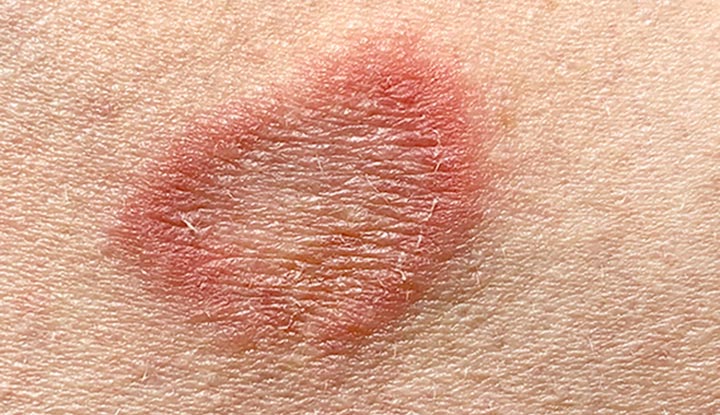Infections on your Scalp
On the off chance that you have conditions like seborrheic dermatitis or other fungal or microbial infections on your scalp, tea tree oil could help resolve those problems.
Customarily, Native people used tea tree oil to treat wounds and speed up healing, and some modern evidence upholds the practice.
Anti-Fungal Properties
Tea tree oil’s antimicrobial properties have shown promise in combating bacteria, including E. coli, staph and strains of strep. Its anti-fungal properties likewise make it a famous choice for treating athlete’s foot and nail parasite.
Fungal Infection
People likewise often use tea tree oil to treat ringworm infections, including tinea capitis, or scalp ringworm. This is an infectious fungal infection that can cause your hair to drop out.
Despite the fact that there’s limited research on utilizing tea tree oil for tinea capitis, numerous personal reports say that it works. Hopefully further research will provide evidence to back that up.
Acne
- Dealing with acne along the hairline? Tea tree oil may help.
Numerous things can cause scalp acne or acne around the hairline, including a development of hair care items, sweat, excess oil creation, and dead skin cells. Any of those things can obstruct your pores, causing blackheads and pimples.
You’ll find that plenty of acne treatments contain tea tree oil. Some people swear by it, while others are dubious.
A recent review found that tea tree oil may be great for treating acne because of its antibacterial, antioxidant, and anti-inflammatory properties. Further, the review highlighted that a fair number of studies show tea tree oil could improve acne.
However, the researchers additionally noted that more robust studies are needed before we can conclusively say tea tree oil can battle acne.
Related Topics
| antifungal benefits | garlic antifungal benefits |
Tags: Acne, acne treatments contain tea tree oil, Anti-Fungal Properties, antifungal benefits, Fungal Infection, garlic antifungal benefits, hair care items, Infections on your Scalp, tea tree oil could improve acne

